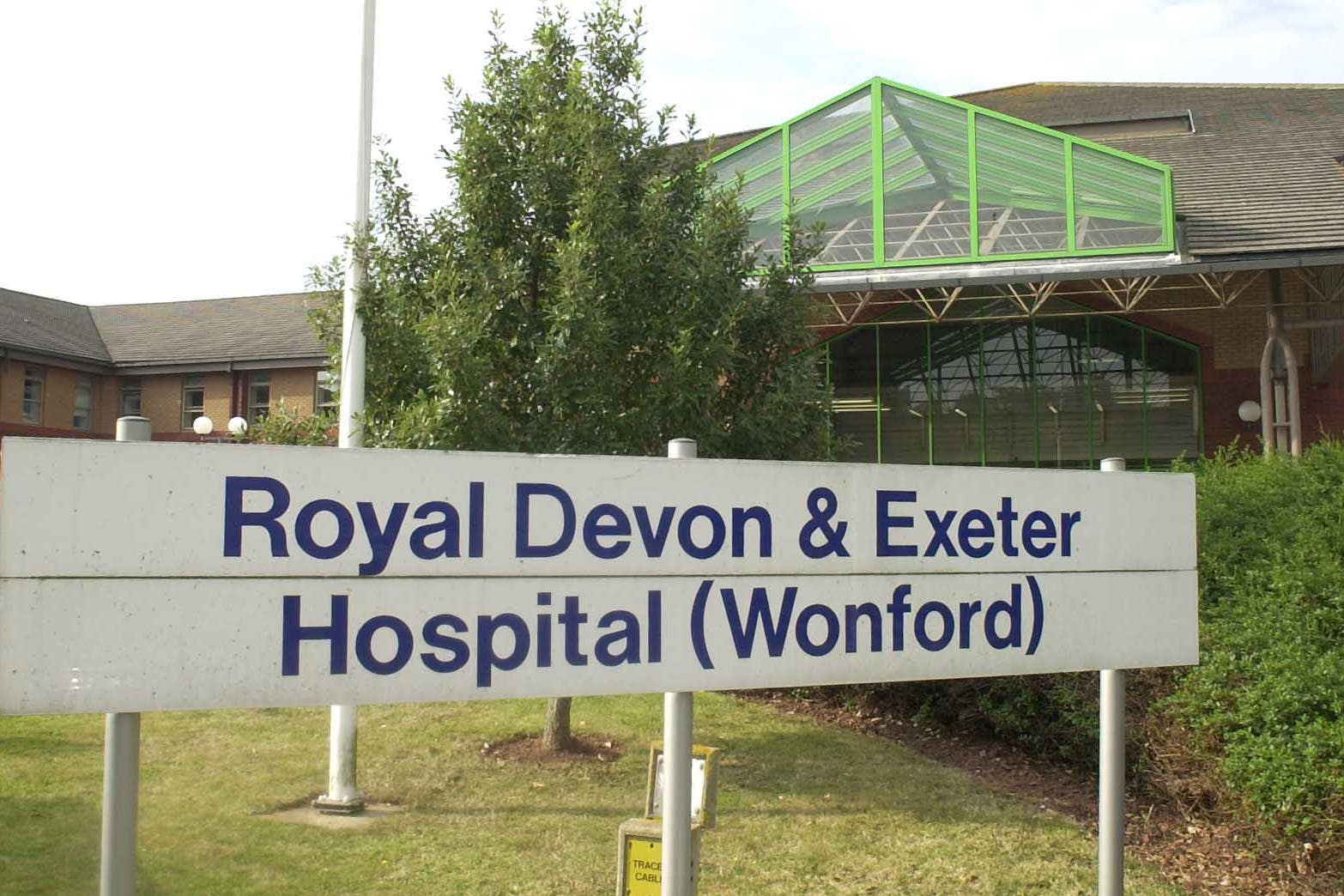Woman died from malnutrition due to ME, coroner finds
Maeve Boothby-O’Neill, 27, had suffered with ME for a decade before she died at home in Exeter in October 2021, an inquest heard.

A young woman died from malnutrition due to having severe chronic fatigue syndrome, a coroner has concluded.
Deborah Archer, the assistant coroner for Exeter, Plymouth, South Devon and Torbay, said Maeve Boothby-O’Neill, 27, had died from natural causes “because of severe myalgic encephalomyelitis (ME)”.
Miss Boothby-O’Neill had suffered with ME for a decade before she died at home in Exeter in October 2021.
An inquest in Exeter heard Miss Boothby-O’Neill had been admitted to the Royal Devon and Exeter Hospital three times that year for treatment for malnutrition.
The 10-day hearing focused on the last few months of her life, by which time she was confined to bed, unable to chew food and had difficulty drinking because she was not able to sit up.
It is also apparent from the way Maeve was treated during her last admission that her illness was regarded by some of the hospital staff as her fault and her immobility was self-inflicted
She had been suffering from fatigue since the age of 13, which got worse after she completed her A-levels.
Her mother, Sarah Boothby, was her full-time carer who struggled to look after her daughter on her own.
In June, Miss Boothby-O’Neill had written to her GP asking for help, telling Dr Lucy Shenton: “I don’t understand why the hospital didn’t do anything to help when I went in. I am hungry, I want to eat.
“Please help me get enough food to live.”
She had been admitted three times to hospital for help with her feeding.
A nasogastric tube had been removed due to her vomiting while she was not considered suitable for total parenteral nutrition feeding.
Doctors said they did all they could to help Miss Boothby-O’Neill, who had mental capacity and wished to be treated at home – trying to persuade her to stay at the hospital.
The inquest heard there was a severe shortage of specialist hospital wards to treat around ME patients.
Professor David Strain, who works at the Royal Devon and Exeter NHS Foundation Trust, said: “Even in the best-case scenario, I don’t believe there is a ward anywhere in the country at the moment that can provide the sort of care that is needed.”
Dr Willy Weir, an expert in ME, had written to the chief executive of the hospital a month before Miss Boothby-O’Neill died about her case and the “outdated” views some doctors held about the disease.
In her findings, Ms Archer said a named healthcare professional should have been appointed to co-ordinate Miss Boothby-O’Neill’s care as soon as it was realised she required hospital admission.
“With the benefit of hindsight, had medics known Maeve would deteriorate to the point of not being able to tolerate food or drink at all, it may have been that an earlier feeding tube may have been appropriate,” she said.
“Whether this would have made a material difference to the outcome I cannot say. The disease for which there is no cure was not allowing her to take food and drink however administered and the outcome may have been the same whatever the treatment given.
“For these reasons I cannot say these factors caused or contributed to her death.”
Ms Archer said it was “unrealistic” for Miss Boothby-O’Neill to have been discharged home on the second occasion from hospital without a 24-hour care package in place.
“This factor did in my view contribute to her downward trajectory in the round but it was what Maeve and her mother wanted and wished for because Maeve could not tolerate the hospital environment,” she said.
Miss Boothby told the hearing she believed her daughter’s death was preventable.
“By this stage Maeve was starving to death. She knew it, I knew it, her father knew it, we knew it, the GP knew it,” she said.
“How the hospital did not recognise this as the inevitable outcome of inadequate hydration and nutrition must be for them to answer.
“After Maeve died, GP Dr Lucy Shenton told me she had never seen anyone so badly treated by the NHS.”
I am committed to improving the care and support for all those affected, and we intend to publish a final delivery plan this winter which will focus on boosting research, improving attitudes and education, and bettering the lives of people with this debilitating disease.
Rhys Hadden, representing the hospital trust, said his client did not accept all of Miss Boothby’s evidence.
“The hospital does not consider that Maeve’s death was preventable,” he said.
“It disagrees with the criticism that it failed its duty of care to Maeve or that there were missed or important opportunities.”
In her conclusions, the coroner said: “In making the findings I have, I hope that important lessons for future treatment of ME can be learned from her death.
“No doubt with the benefit of hindsight things will be different in many respects.”
Andrew Gwynne, minister for public health and prevention, said: “Every patient deserves to have their condition understood and treated to the highest standard, and this is a heart-wrenching example of a patient falling through the cracks.
“Maeve and her family were forced to battle the disease alongside the healthcare system which repeatedly misunderstood and dismissed her.
“I am committed to improving the care and support for all those affected, and we intend to publish a final delivery plan this winter which will focus on boosting research, improving attitudes and education, and bettering the lives of people with this debilitating disease.”
A further hearing will take place on September 27 where the coroner will hear evidence about making a Preventing Future Deaths report.
Bookmark popover
Removed from bookmarks